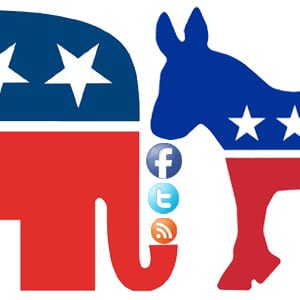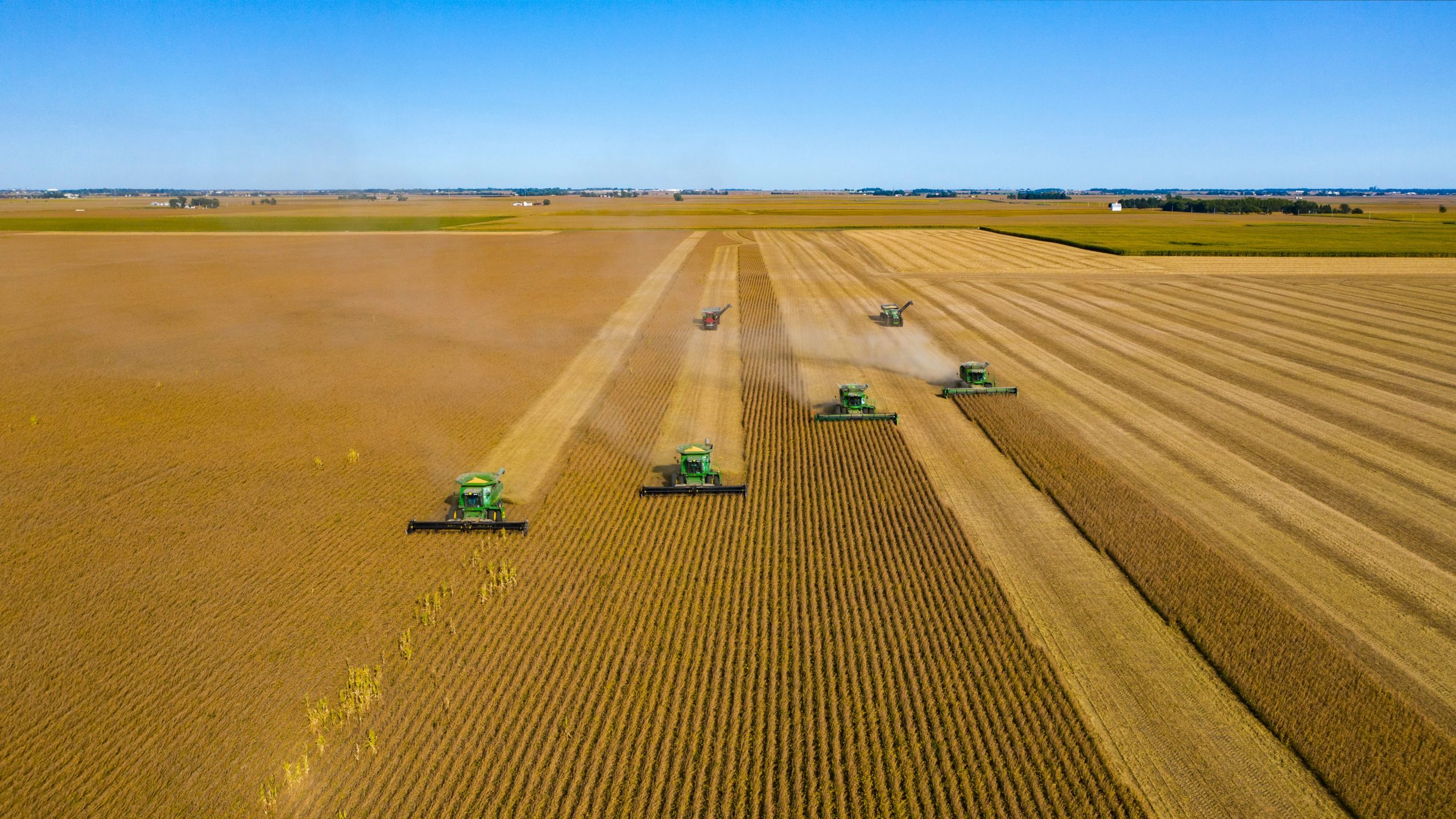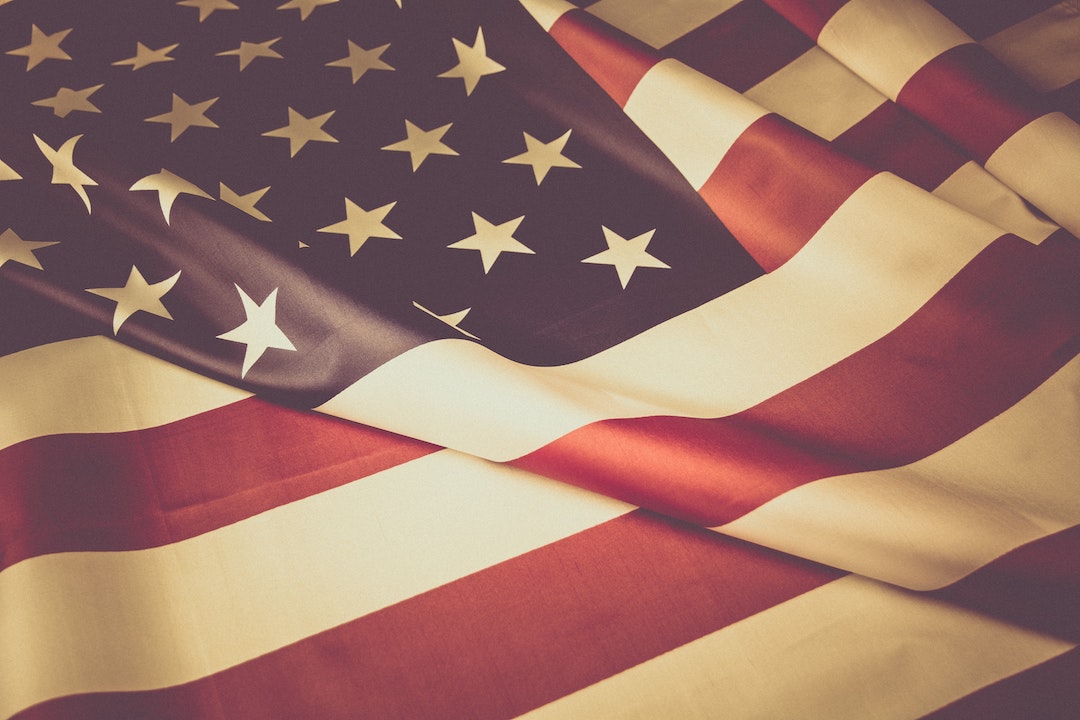Ketchum was on the ground at last week’s Republican National Convention, reporting on how its digital advances can benefit our clients. Read on for 4 key takeaways.
 The Democratization of Influence: Using Social Media to Share Corporate and Political Messages
The Democratization of Influence: Using Social Media to Share Corporate and Political Messages
Given the maturation we’ve seen in social media since the 2008 election cycle, 2012 is poised to be the first political convention season where the democratization of influence will allow anyone who wants to participate to simply log onto their smart phones and report happenings in real time. Both the Republicans and Democrats have fully developed interactive programs that incorporate every conceivable social media platform — from Twitter and Facebook to Pinterest and Flickr — to ensure that anyone interested in convention events has access to those events.
The 2012 Republican National Convention, which began in earnest this week in Tampa, Florida, is on pace to be one of the most technologically advanced political conventions in history. Access to coverage of events is now so varied and interactive, one can no longer say they are “watching” the convention, rather they are actively participating in convention activities because of the proliferation of various social media platforms.
Hashtags Are the New Political Button
According to Twitter, the number of items posted on Twitter on Election Day 2008 is equal to about six minutes worth of tweets on the first day of the Republican National Convention this week. Twitter has deployed a team to Tampa to provide support to users, convention organizers and the media. They’ve also created an event page at Twitter.com/#GOP2012 where one can find “Tweets from Romney campaign staff, convention organizers, delegates, insiders and some of the 15,000 journalists and observers on the ground” as well as for “political junkies who can’t be in Tampa themselves.”
The Shift Away from Television to YouTube
In 1948, for the first time, television gave Americans an inside look into political conventions, and over 10 million Americans took advantage of it. Soon, the glaring lights of television would unalterably change how conventions were run and staged, with nearly every aspect of the floor events being scripted for the cameras. Today, the rise of social media, particularly YouTube, is having much the same impact on political conventions as television did when it first took hold nearly 65 years ago. According to Mashable, while the RNC’s digital team will be using a wide array of social media platforms to engage a nationwide audience, YouTube will be the “central point of activity.”
Unintended Consequences
While social media has led to increased participation from various audiences across the country, the democratization of influence at political conventions also has some unintended consequences. National Journal reported what many influencers on the ground in Tampa noticed over the course of the week – most CEOs skipped the convention. It is widely known that one of the most coveted currencies for c-suite executives is time. With the proliferation of online news and social media, business leaders no longer have to “be on the ground, to be in the loop.”


